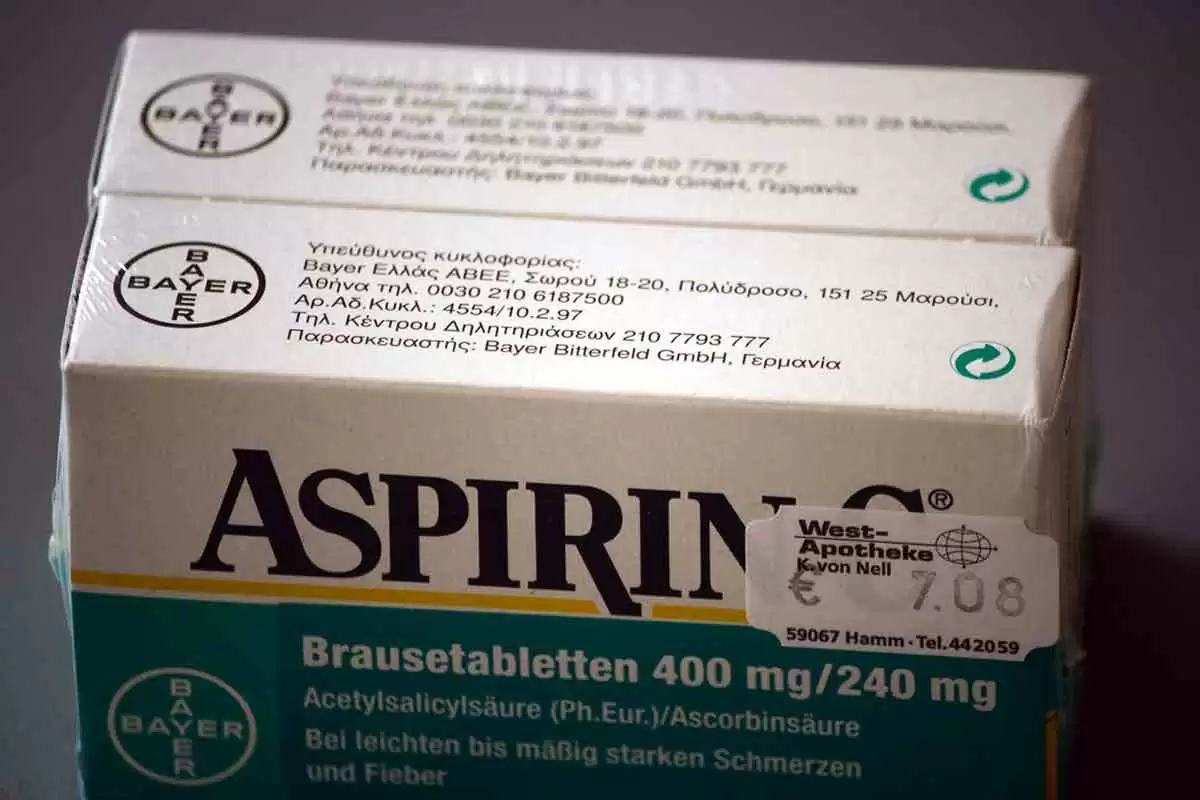
Celiac.com 04/06/2022 - Because celiac patients face an increased risk of health-related conditions that can be affected by dietary acid loads, assessing dietary acid loads in a gluten-free diet, and comparing them with those of the general population diet, could offer crucial information for physicians and nutritionists to help celiac patients improve their diet quality, health-related quality of life, and prevent celiac complications.
A team of researchers recently set out to assess the dietary acid load in adult celiac patients and compare it with that of the healthy population to provide more specific dietary recommendations for celiac patients.
Celiac.com Sponsor (A12):
The research team included Zeinab Nikniaz, Reza Mahdavi, Mojgan Akhavan Sabbagh, Leila Nikniaz, and Masood Shirmohammadi. They are variously affiliated with the Liver and Gastrointestinal Diseases Research Center, Tabriz University of Medical Sciences, Tabriz, Iran; the Nutrition Research Center, Tabriz University of Medical Sciences, Tabriz, Iran; the Student Research Committee, Tabriz University of Medical Sciences, Tabriz, Iran; and the Tabriz Health Services Management Research Center, Tabriz University of Medical Sciences, Tabriz, Iran.
For their cross-sectional study, the team included 130 celiac patients and 462 non-celiacs. To gather dietary data, the team asked patients to respond to an 80-item semi-quantitative food frequency questionnaire. The team used the data to calculate dietary acid load (DAL), potential renal net acid load (PRAL), and net endogenous acid production (NEAP).
The average PRAL value is negative in the celiac group, but positive in the general population. The results showed a significant difference in PRAL scores between celiac patients and the general population. Average NEAP and DAL scores were sharply lower in the celiac group compared with healthy subjects.
There were no meaningful differences in PRAL, NEAP, and DAL values between those on a gluten-free diet and who ate a gluten-containing diet.
The results confirm that gluten-free celiac diets were much less acidogenic compared with the diets reported by the general population. Low gluten or gluten-free diets may be associated with reduced acid production in people at risk of acid/base imbalance.
More research, especially more accurate dietary data, is needed to determine what the conclusions of this study might mean for people with celiac disease on a gluten-free diet.
Read more in BMC Nutrition volume 8, Article number: 18 (2022).










Recommended Comments
Create an account or sign in to comment
You need to be a member in order to leave a comment
Create an account
Sign up for a new account in our community. It's easy!
Register a new accountSign in
Already have an account? Sign in here.
Sign In Now